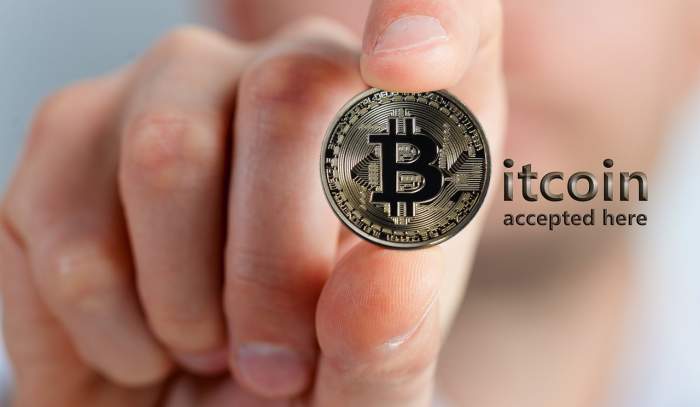
A lot of people are now part of the growing user base of Bitcoin and other cryptocurrencies. Some people use them as an investment, others prefer day trading in the pursue of instant profits. There’s also a large group of people who simply use Bitcoin for various other purposes.
After all, you can shop with BTC, you can gamble online with cryptocurrency, you can pay for various services, and do so much more.
If you are a part of the Bitcoin community for any reason, it would be a good idea to learn how to secure your Bitcoins. The sector is still full of hackers and there are various dangers. This post will help take measures against them and keep your BTC safe.
Cold Storage
You can keep your Bitcoin offline and that approach is called “cold storage”. The idea is to store your digital assets on a device that has no connection to the internet. That makes it impossible for your BTC to be stolen through the internet.
Obviously, there’s the danger of losing your device, breaking it, or someone stealing it physically. The probability is much lower, though, and most cold storage options have a solid recovery system.
The downside of this approach is that you won’t have quick access to your coins. If you used them on a daily basis, the best strategy would be to keep a small amount of BTC that’s enough to cover your needs online and leave the rest in a cold storage.
Your main capital will be safe that way and you will still have enough money to use on a daily basis.
There are different options for cold storage, such as paper wallets, USB devices, hardware wallets, and even sound wallets.
Multi-Factor Authentication
If you use predominantly online platforms or mobile apps to keep your Bitcoin, you should try to stick to systems that require two-factor authentication at the very least. This means that every time you want to use your Bitcoin, you will need confirmation from the device you are using and another one, like your phone for example.
That’s a good way to prevent logins from people who might have stolen your credentials. Even if your login details are compromised, the multi-factor authentication provides another layer of security.
Multi-Signature
There’s another similar concept that will protect your Bitcoins from intruders. The multi-signature method has been adopted by many crypto wallets nowadays. Simply put, every transaction must be approved by multiple key holders.
For example, you can create a wallet and add several trusted people as key holders. If you want to authorize a transaction after that, you will need every single one of them to approve.
This creates a certain of inconveniences, but the upside is that it protects your digital assets from hacks. Even if someone finds a way to access your wallet, the multi-signature requirement will prevent them from stealing your Bitcoins.
Use Antivirus Protection and Keep All Important Software Updated
A lot of people underestimate two simple security rules. The first one is to install a reliable antivirus program on all of your devices. There are plenty of good and cheap options for all kinds of platforms, including desktop, iOS, Android, and more.
The solid antivirus software will keep your device clean from all sorts of malware. You will be surprised by the number of viruses, trojans, and other harmful files out there.
The other factor that people forget is to keep your software updated. That applies to your antivirus program and to every tool or platform that is related to your Bitcoins. All of them are working hard to protect their customers, but you have to give them the chance to do their job.
Every update usually features measures against the latest threats out there. If you fail to install the latest versions on time, you put your Bitcoins at risk.
Use Common Sense
The good old common sense remains one of your best weapons against all sorts of digital theft, including Bitcoin. Make sure to use secure passwords (not qwerty123 or your birth date), don’t open fishy emails, don’t download files from unknown sources, and follow all the rules for safe browsing.
That should be enough to keep you and your Bitcoins safe from most threats out there.





